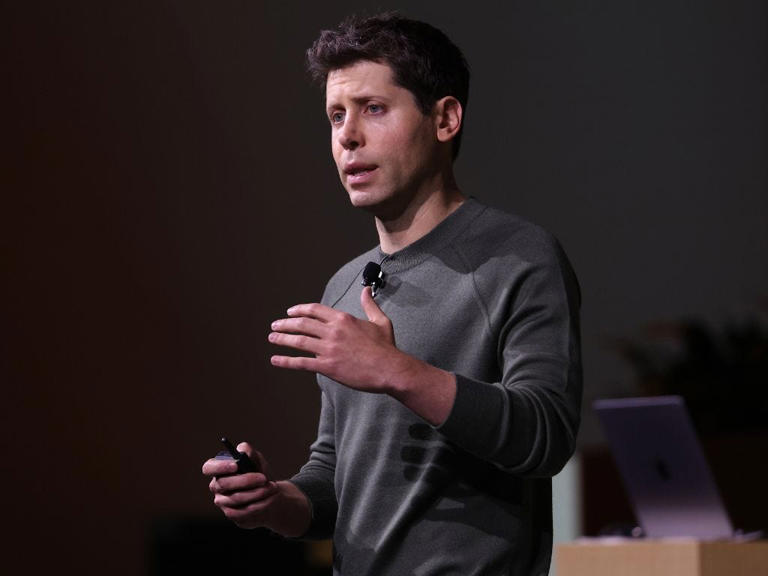OpenResearch has recently concluded a noteworthy study that explored the impact of monthly cash payments on low-income Americans. The initiative, which distributed $1,000 per month to 3,000 participants across various regions—urban, suburban, and rural—was partially funded by OpenAI CEO Sam Altman. This study aimed to understand the effects of basic income payments and whether such financial support could have a meaningful impact on individuals’ lives and economic behaviors.
The concept of basic income, while not new, has gained renewed attention in the context of rapidly advancing artificial intelligence (AI) and its potential to disrupt traditional employment. Altman’s support for this study reflects his belief that as AI technologies become more prevalent, the need for a safety net such as basic income might become crucial. The study conducted by OpenResearch is an exploration of a variant of this idea, where unconditional cash payments are provided to a specific group of people.
In contrast to a true universal basic income (UBI), which would involve giving regular payments to everyone regardless of their financial situation, this study focused on a targeted group of low-income individuals. The distinction here is that UBI would be more broadly inclusive and less conditional, but practical and political challenges often limit the feasibility of such programs. Instead, this research aimed to test the effects of providing consistent, though not universal, financial support.
The study’s findings revealed some immediate and intriguing impacts. Participants primarily used the $1,000 monthly stipends for essential expenses such as rent, transportation, and food, which alleviated some of the financial stress they faced. This immediate relief was a key benefit of the program, helping to stabilize participants’ day-to-day lives.
However, the study also uncovered a shift in participants’ perspectives and aspirations over time. One of the most notable outcomes was an increased interest in entrepreneurship. With the financial pressure somewhat eased, many participants began to entertain ideas about starting their own businesses. This shift suggests that even modest financial support can provide individuals with the mental and emotional space needed to explore new opportunities and think creatively about their futures. Elizabeth Rhodes, the director of OpenResearch, emphasized that the stipend allowed individuals to consider what they might achieve with more opportunities, highlighting the psychological and motivational benefits of financial support.
Despite these positive observations, the study also pointed to some limitations. While the immediate benefits of reduced financial stress and increased entrepreneurial thinking were evident, the long-term impact on economic mobility was less clear. The study found that while the stipend had a notable effect on participants’ current well-being and aspirations, it did not necessarily translate into substantial, sustained improvements in economic status. This suggests that while basic income can provide essential support and encourage new ideas, it may not be sufficient on its own to drive significant long-term economic advancement.
The implications of this study are important for ongoing discussions about basic income and its potential role in economic policy. It provides valuable insights into how targeted financial support can impact low-income individuals, offering both immediate relief and potential for increased entrepreneurial activity. However, it also underscores the complexity of achieving lasting economic progress through such measures alone. As policymakers and researchers continue to explore the possibilities of basic income, this study contributes to a broader understanding of its potential benefits and limitations, helping to inform future discussions and decisions about economic safety nets and support systems.
